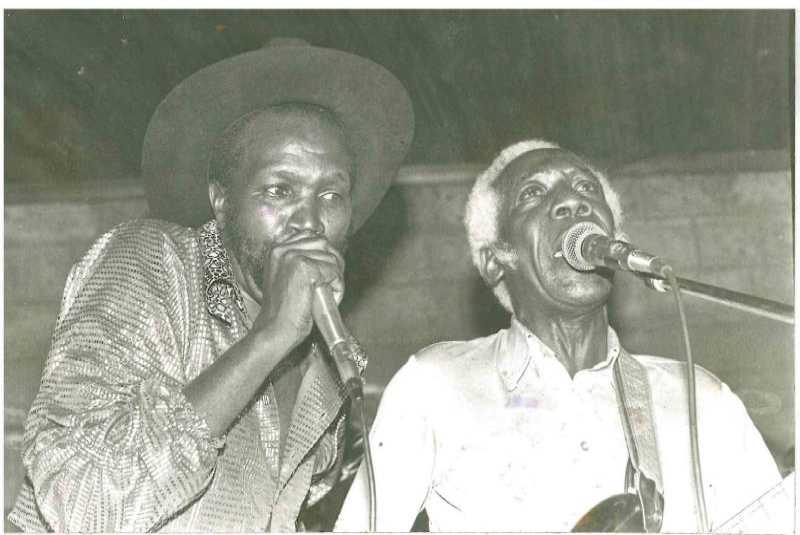×
The Standard e-Paper
Join Thousands of Readers

Long after seers like Mugo wa Kibiru left the scene in Gikuyu land, there is a general consensus that their legacy was picked up by popular secular musician Joseph Kamaru wa Wanjiru.
Some saw Kamaru as a philosopher, while to others he was the conscience of the nation; his songs would stir the society and cause ripples in Parliament.